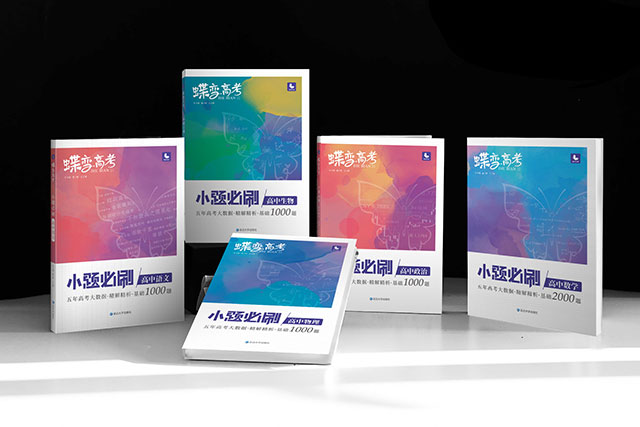-
-
exchange既可用作不及物动词,也可用作及物动词。用作及物动词时,接名词或代词作宾语,且所接的名词一般为复数。exchange宾语后常接介词for,表示“以…换取”; 接介词with表示“与某人交换(某物)”。exchange后一般接复数名词,但如果该名词是行为名词,也可用其单数。

exchange的用法
首先,应掌握它的三个词性:动词,名词,形容词。
1. 动词。基本用法:
(1) exchange sth 即“交换某物”。例:exchange gifts(交换礼物); exchange ideas(交换想法)
(2) exchange A for B 即 “用A来换B”。例:exchange dollars for RMB(美元换人民币); exchanging labor for room and board(用劳动来换取食宿); exchange a position in the private sector for a post in government(用私营部门的职位换取政府机构的岗位)。
2. 名词。基本用法:
(1) “交换,互换”。例:There have been numerous exchanges of views between the two governments(两国政府间曾多次交换意见。).
(2) “兑换,汇率”。例:The purpose was to halt the rise in the exchange rate of the Swiss franc(目的在于制止瑞士法郎汇率上涨。).
3. 形容词。基本用法:
“交换的,交流的”。例:an exchange student(交换生); exchange programs (交流项目)
所以不是exchange的后面一定要加for,要看你是否有交换的目的,因些那两句中并不需要for。
Any beautiful backpack can't even exchange my little bag.
The most beautiful bag also can't exchange my satchel.
exchange的用法例句
1. This could intensify the risk of a nuclear exchange.
这可能会加剧爆发核战争的危险。
2. During the turmoil in the foreign-exchange markets the guilder remained strong.
荷兰盾在外汇交易市场的动荡中保持坚挺。
3. They exchange traveller's cheques at a different rate from notes.
他们兑换旅行支票时依据的汇率跟兑换现钞时不同。
4. I'm going to go on an exchange visit to Paris.
我将到巴黎交流参观。
5. He ruled out any exchange of prisoners with the militants.
他拒绝和武装分子进行任何交换俘虏的活动。